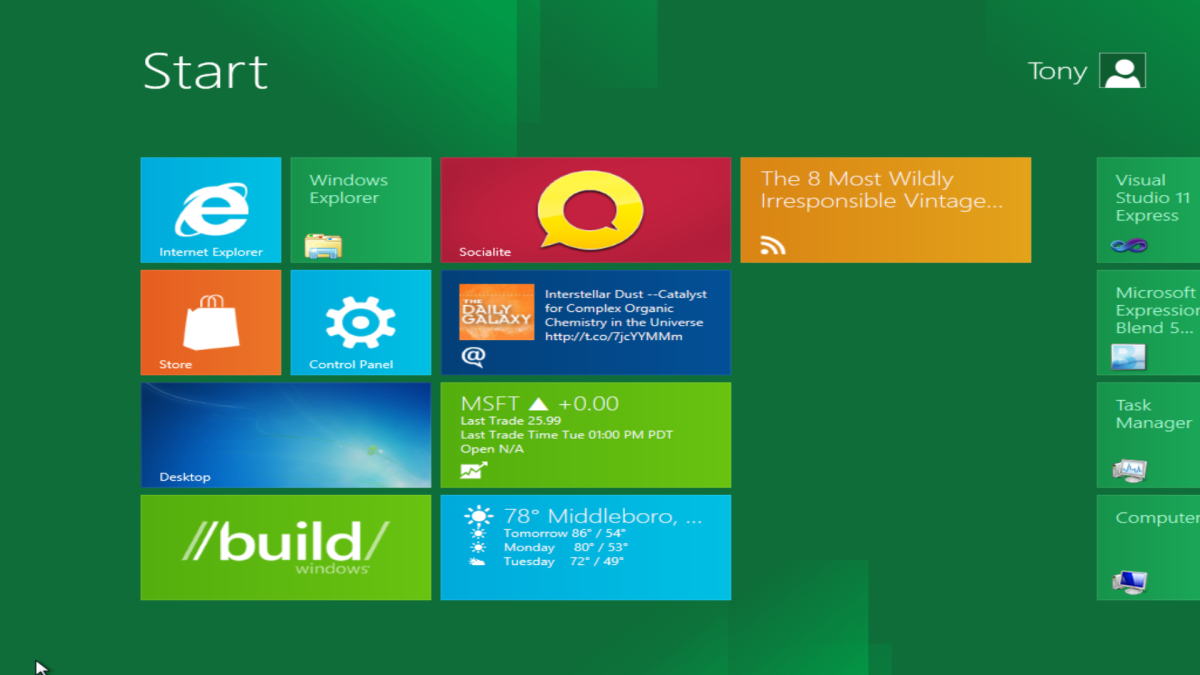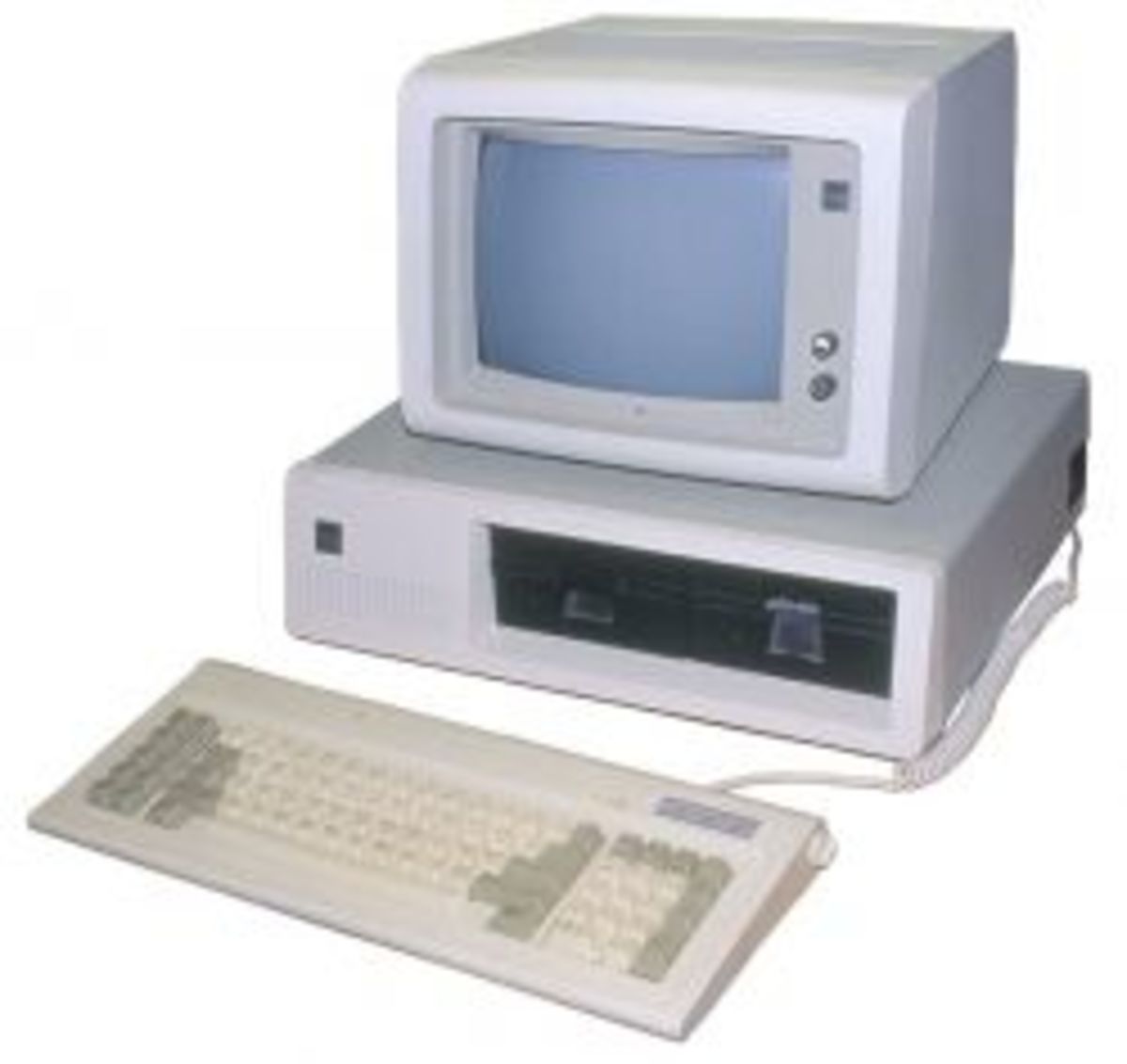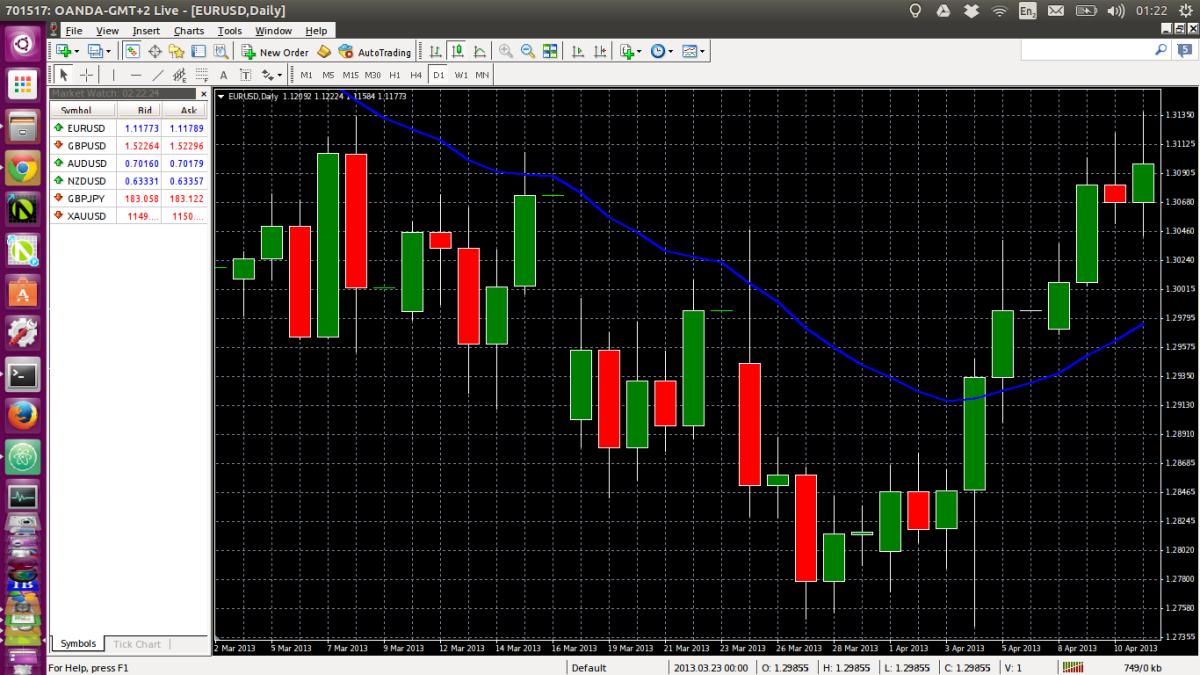Why Windows is Better than Linux
My Experiences with Linux
I have tried a few of the large "user friendly" Linux distros. Spent a few days or weeks of my free time trying to make everything work, but couldn't. For me the lack of drivers were the biggest problem also (connecting either my broadcom wifi card or the mobile internet card to use the internet).
Most of the people have other (better) things to do in life than mess around with their computer all the time just to have a all round working operating system. While I'm not debating that Linux as an OS is better than Windows, Windows is just easier to use and with Plug-and-Play Microsoft really beats all its competitors. In fact, that is exactly why Microsoft beat all its competitors in the early 90s.
Below I will list some reasons why Linux, as a primary operating system on computers (of course you can partition your disk and install both, just to play around with Linux), does not come close to Windows:
No, or Limited Drivers
For example, there is no, or very limited wireless card drivers which means there is no internet connection on your computer. Nowadays Internet is pretty much a must have to have a really productive work experience. Of course, you can (and should) work offline, but you need to check your emails, send your work to other colleagues or the boss. Also for Linux, to make sure that everything does work, you constantly need internet connection (for new updates and drivers). Windows is not as Internet connection dependent.
Updating
With Linux you can update ALL of your programs with a single click. In Windows, only the operating system upgrades, not everything. Me personally, I don’t want the operating system to know what programs are installed. In this respect Privacy is better in windows.
Linux advocates say that to have your updates take affect, you don’t need to reboot your operating system. In Windows you don’t need to either. They just install when you start windows the next time.
Softwares and Applications you can Download is Limited
Those of you who have even looked at other operating system applications beside Windows (this also applies to Max OS-es, although to a lesser extent) the available programs, applications, softwares, drivers, plugins and who knows what else.
3D Desktop: Linux Compiz Fusion vs. Windows
The reason why this isn’t an advantage is because for most people Windows computers are just workstations, they don’t care much how it looks as long as they can get their job done. Me personally, the way those windows came up just really annoyed me (I know, I can turn it off, but that too requires some time and effort, I can spend better).
Installing Software is More Difficult
You have to type in commands, always type in your username and password. In Windows you just press two of three icons with the automatic pop-up installation wizard.
Additional Programs Installed During Installation Process
When you install Linux many additional programs are installed also, many of which you will probably never use, like and instant messenger. During Windows installation only those apps are installed that everyone uses, so no wasting of your hard drive space. And they are not as easy in Linux to delete as in Windows. Same goes for the package manager in Linux, although they are pretty much just installer files, the average user doesn’t need most of it.
Limited Plug-And-Play
Hardware drivers are not recognized and downloaded automatically in Linux distros. This probably doesn’t need much explanation; you just plugin your new camera, printer or whatever, and it just works with Windows
Wine
There is a program called Wine for Linux, which runs Windows programs under Linux, however many programs don’t work too well with Wine. Also when you have to use and other program to run a program or application in your operating system is just doesn’t feel rights (somewhat lame, should I say?).
Open Source
This would be and advantage for Linux if most Windows users cared to mess around with the coding of the operating system, but as most Windows owners are users, not developers, this isn’t really an advantage of Linux.
No Official Online Place to Turn to When You Have a Technical Problem
I know there are commercial companies and websites for Linux too, but the feeling is just not the same when you turn to a company that has made ALL the components of its operating system from the first to the last code letter. Also forums for support aren’t the ideal; when you need to have a technical problem to be fixed right away, forum help process of I get back.
No Standardization
Many packages (Linux name for programs and applications) just don’t install in other distros, or you need other packages (dependencies) to install, which might still need another package.
Graphical User Interphase (GUI)
Its user interface (GUI) is a lot different than that of Windows (The order of apps and programs, and the subfolder system is different in a many ways).
Better Gaming Experience
Many say that Linux is more powerful for playing RAM resource demanding games. Most people do not play games on windows, maybe only simple games like solitaire or minesweeper when they are bored. You don’t need Linux for that
Safer
With all the anti-virus, -malware, -spyware, -Trojan Horse, and -keylogger programs out there, these are not much of an issue. In my years of experience with Windows these programs were pretty effective in finding and deleting them. Also with all the system optimizing programs, Windows can be run smoothly.
More Stable
Many people say that Linux is a lot more stable, and it doesn’t crash. I have used Windows for as long as I can remember, and it never crashed on me. It even froze only a few times, but when you save your work with CTRL+S often you don’t really loose your work, in fact, when I am working in MS Word, I usually save my work after each paragraph or so (again, it just takes two keys to press simultaneously to do so, and no popup windows will disturb you about the location of saving).
Boot-up Speed
Windows loads within one or two minutes too. Meanwhile it loads, I always do other things, and by the time I finish those, Windows is up and running. Who should care if an operating system loads within 1 minute or 2 minutes, this is an argument only for those who want to bash windows in everyway possible
Regular Clean Installs
Every year or so you should backup (save it at an external driver, pendrive, DVDs, etc) your files, and documents, and clean install your OS just get rid of all the custom settings, apps, softwares, etc that you have not used in a long time, and don’t need anymore. With everything out of box in Windows, Installing and setting everything up again is a snap.
Warranty
As there is a central company behind the operating system, and you payed for it, they provide a guarantee, that if the operating system in not working properly, they will fix it, or replace it. In Microsoft’s case that is 30 days. Also many retailers, where you by your computer with preinstalled Windows on it, will tell you in their contract that if you install another operating system (most notably a Linux distro) on the computer you bought, you will loose their warranty.
End User Agreement for Windows Link:
My Opinion
Now, don’t get me wrong, I am not a big Windows fan boy, I just want an operating system that saves me time, not wastes my time. And among the three big, worthwhile tries (Windows, Mac OS, Linux), Windows accomplishes that by far the best.
Having said all that, Linux has a huge potential, especially, and mostly, because it is free. If Linux (any of its distros) is able to get a user friendly, everything-out-of-box type operating system (I know Linux is only the Kernel, but average users don’t care about that either), than it will really be popular. And seeing Mac OS-es, which has a Unix kernel similar to Linux, it can be done.
What Do YOU Say?
Please share your opinion! Which operating System do you use? Why? How experienced are you?
Update 2010
UPDATE 2010: I have discovered a disto called PCLinuxOS. I was a pretty much out of the box type OS, since it had the wireless card driver a media player codecs preinstalled, all of which were missing in the 4-5 big distros I have prior to this on. I don't use PCLinuxOS (abbreviated: PCLOS) too much either, as I am used to WIndows, and the little tips and stuff, however, PCLOS has to potential for me to replace Windows in a few years as my primary OS.










